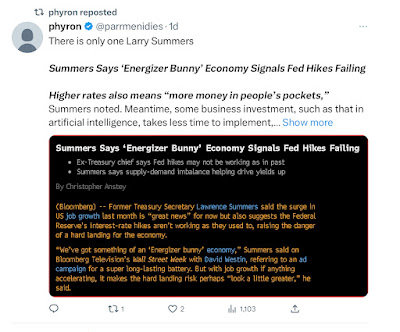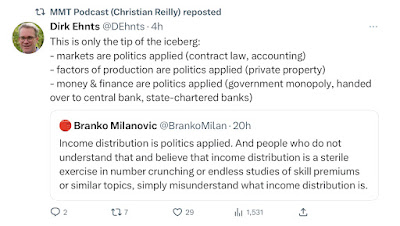Pavlina Tcherneva, a Professor of Economics at Bard College and a Research Scholar at the Levy Institute, has written a concisely, argued case for a federal job guarantee within the context of a Green New Deal. Citing its origins in FDR’s 1944 Economic Bill of Rights and the U.N.’s Universal Declaration of Rights, and the, at least nominal, commitment to the idea of full employment that prevailed through every administration until it was quashed with the election of Ronald Reagan, Tcherneva points out that it is a moral imperative, more needed than ever before. Although this book was written before A.I.’s threat to jobs became visible, Tcherneva’s call to action could not be more prescient.The National Jobs for All Network
Review of The Case for a Job Guarantee by Pavlina R. Tcherneva, Polity Press (2020)
Sheila D. Collins, professor emeritus of political science at William Paterson University





